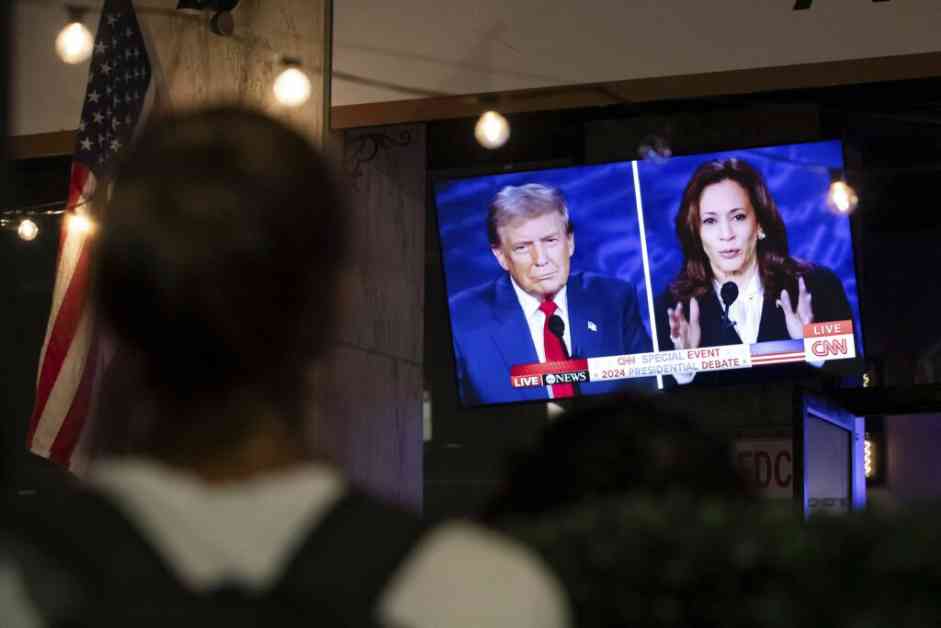Kamala Harris and Donald Trump have different views on education and the role of the federal government in shaping it. The election outcome today will determine the future of the nation’s educational system.
During his campaign, Trump proposed radical changes, such as abolishing the Department of Education, withholding federal funding from states like California that protect transgender students, and increasing school vouchers. Harris, on the other hand, aims to increase the child tax credit and make universal prekindergarten a national priority.
If Trump wins, policies such as abolishing the Department of Education and implementing universal school choice could have significant impacts on the nation’s schools. However, abolishing the department would require congressional action and could lead to changes in funding for programs like Title I and special education.
In California, where voucher plans have been rejected by voters in the past, implementing school choice policies proposed by Trump could face resistance from the state legislature and teachers’ unions. However, if Republicans gain control of Congress, variations of voucher plans could be passed, affecting states like California.
Immigration policies under Trump could also impact California, where many children have undocumented immigrant parents. Trump’s stance on deporting undocumented immigrants and limiting public education for immigrant children could create fear and uncertainty among students and families.
Trump’s views on curriculum and vaccinations could clash with California’s policies, which prioritize teaching topics like slavery and systemic racism and mandate vaccinations for school attendance. Changes at the federal level proposed by Trump could impact California’s curriculum requirements and vaccination mandates.
Harris, on the other hand, plans to focus on early childhood education, paid family leave, and student loan forgiveness. Her proposals aim to make child care more affordable, support families needing paid leave, and address student loan debt issues. Additionally, Harris aims to remove unnecessary degree requirements for federal jobs and regulate for-profit colleges to protect students from deceptive practices.
Despite their differences, there are areas of agreement between Harris and Trump, such as supporting career and technical education and historically black colleges and universities. Both candidates emphasize the importance of these institutions and aim to provide more federal support for them.
In conclusion, the presidential election outcome will have a significant impact on the future of education in California and across the nation. The contrasting visions of Harris and Trump on education policies highlight the high stakes involved in today’s showdown.
